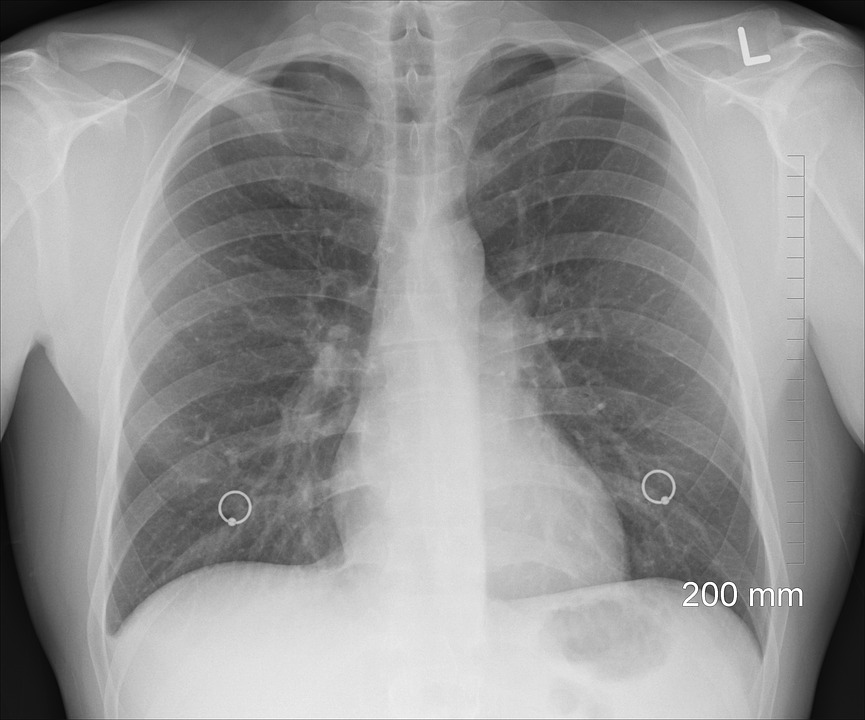Cystic fibrosis can cause a range of problems. The lungs and digestive system are the main areas that are affected.
Symptoms tend to start in early childhood, but sometimes they can develop soon after birth and very occasionally they may not be obvious until adulthood.
Nowadays, cystic fibrosis is usually diagnosed before symptoms appear, through screening tests carried out soon after birth. Read more about screening for cystic fibrosis.
The main problems associated with cystic fibrosis are outlined below.
Lung problems
Cystic fibrosis can cause sticky mucus to clog the lungs and airways. This can cause:
recurring chest infections – these occur because mucus in the lungs is an ideal breeding ground for bacteria
persistent inflammation of the airways, which can cause them to become abnormally widened (bronchiectasis)
increased coughing
occasional wheezing and shortness of breath
Over time, the lungs can become increasingly damaged and may eventually stop working properly.
Digestive system problems
The mucus can also block parts of the digestive system, which can affect how food travels through the gut and how it’s broken down or absorbed.
This can cause:
a serious bowel obstruction in the first few days of life (meconium ileus) – this will often need an operation to remove the blockage
diarrhoea or large, smelly stools
problems putting on weight and growing – this can occur because the body struggles to digest and absorb nutrients (malnutrition)
diabetes from late childhood or early adulthood – this can develop if the pancreas becomes severely damaged
Other problems
People with cystic fibrosis can also experience a number of other problems, including:
thin, weakened bones (osteoporosis) – this can occur as a result of repeated infections, poor growth, lack of physical activity and malnutrition
swelling and pain in the joints (arthritis or arthralgia) from late childhood
difficulty conceiving children – most men with cystic fibrosis are unable to have children naturally (although some fertility treatments may still work) because the tubes that carry sperm don’t develop correctly; women can become pregnant, however
liver problems caused by the tiny bile ducts in the liver becoming blocked by mucus
leaking of small amounts of urine, particularly during coughing fits (stress incontinence)
- Enzyme
- Enzymes are proteins that speed up and control chemical reactions, such as digestion, in the body.
- Liver
- The liver is the largest organ in the body. Its main jobs are to secrete bile (to help digestion), detoxify the blood and change food into energy.
- Faeces
- Stool (also known as faeces) is the solid waste matter that is passed from the body as a bowel movement.
